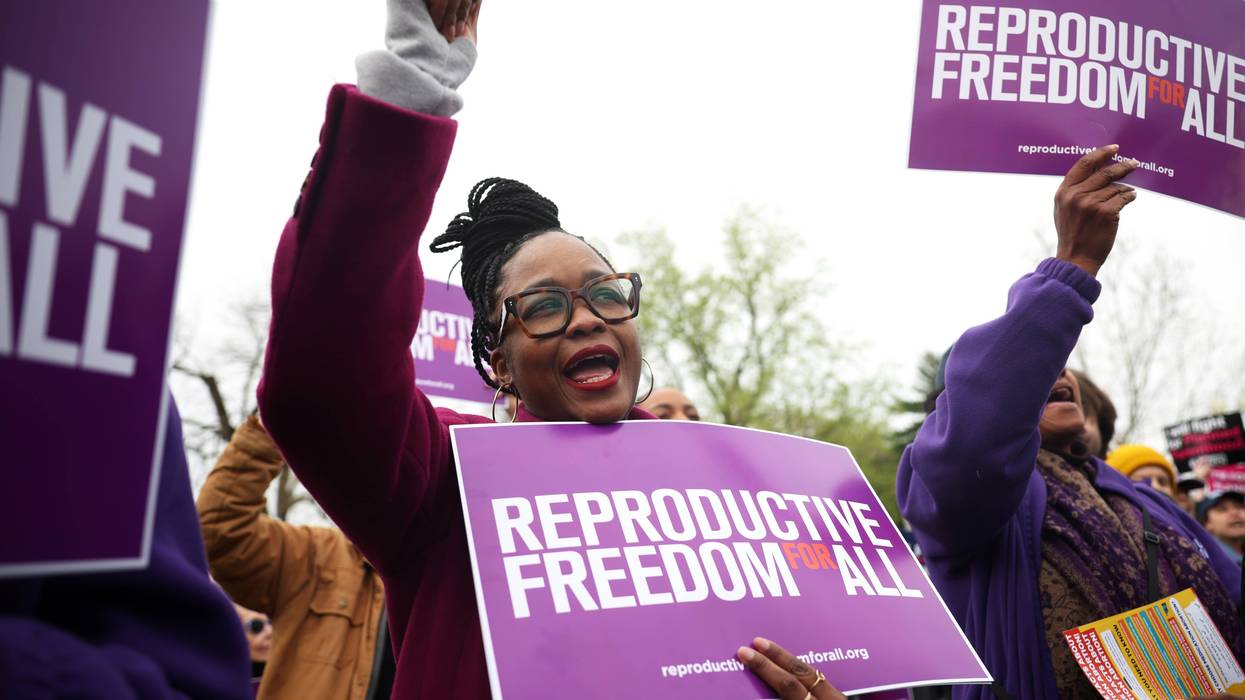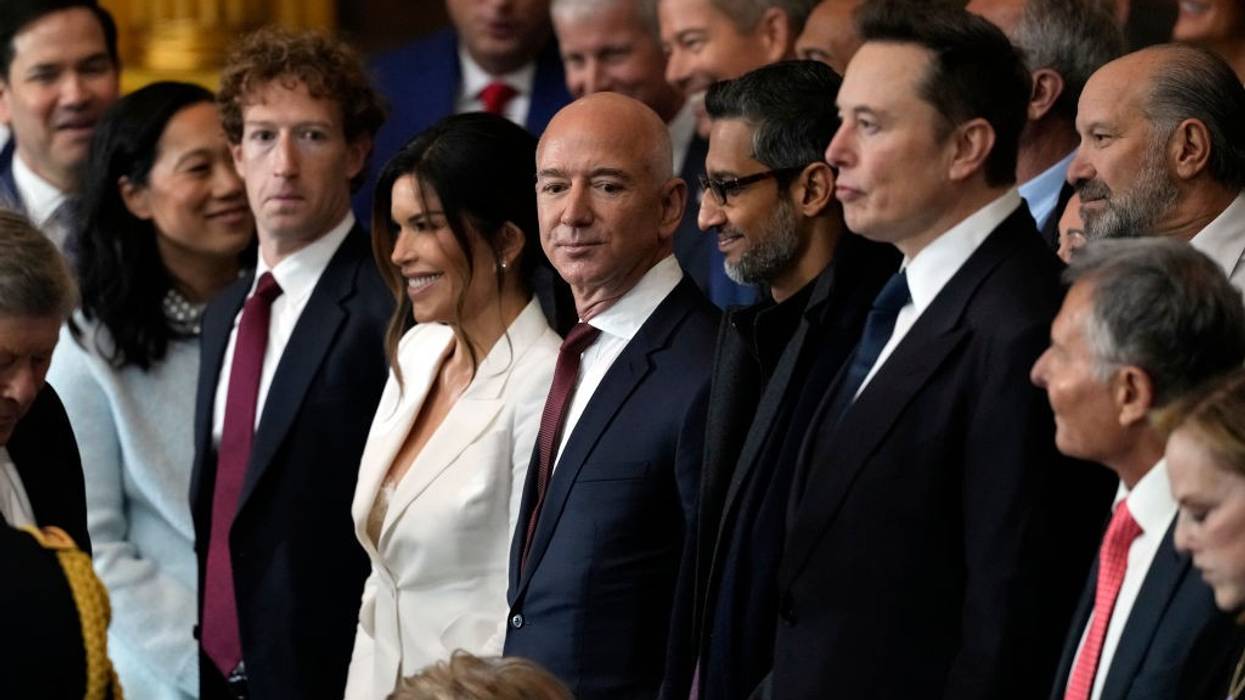Today, the Center for Constitutional Rights (CCR) and co-counsel Loevy & Loevy announced the settlement of Professor Steven Salaita's case against the University of Illinois at Urbana-Champaign (UIUC) for firing him from his tenured position over his personal tweets criticizing the Israeli government's assault on Gaza in 2014. Professor Salaita sued UIUC, the university Board of Trustees and high-level administrators for violating his First Amendment right to free speech and for breach of contract. Salaita's firing became a flashpoint for debates over academic freedom, free speech, and the repression of Palestinian rights advocacy. In exchange for Professor Salaita's agreement to release his claims, the university has agreed to pay $875,000.
"This settlement is a vindication for me, but more importantly, it is a victory for academic freedom and the First Amendment," said Professor Salaita. "The petitions, demonstrations, and investigations, as well as the legal case, have reinvigorated American higher education as a place of critical thinking and rigorous debate, and I am deeply grateful to all who have spoken out."
Professor Salaita's firing prompted student walkouts; the cancellation of more than three dozen scheduled talks and conferences at the school; further pledges to boycott UIUC by more than 5,000 academics; a vote of no confidence in the university administration by 16 UIUC academic departments; and public condemnation by prominent academic organizations, including the American Association of University Professors (AAUP), the Modern Language Association, and the Society of American Law Teachers. In April, the AAUP released a scathing report on Salaita's termination and, in June, voted to censure the UIUC for its actions. In August, a federal judge rejected the university's argument that Professor Salaita had not actually been hired, despite a contract and his impending family move to the university, writing, "If the Court accepts the University's argument, the entire American academic hiring process as it now operates would cease to exist."
Within hours of the court's decision, Chancellor Phyllis Wise, who sent Professor Salaita the letter notifying him of his termination a year prior, resigned from the UIUC. The following day, the university revealed that administrators had been using personal email accounts in an attempt to avoid publicly releasing their correspondence. In one email released under the Freedom of Information Act (FOIA), Chancellor Wise admitted that she was not only using her private email because of the litigation, but was deleting her messages after sending. Provost Ilesanmi Adesida resigned a few weeks later. Prior FOIA productions had revealed that wealthy UIUC donors had threatened to withhold funding unless Professor Salaita was terminated.
"Professor Salaita's case galvanized champions of academic freedom and Palestinian rights activists alike, making clear that punishing speech--even speech that dares to criticize Israeli government atrocities--will not be tolerated. It resulted in widespread condemnation of the university's actions and a federal court decision finding he had a contract and his tweets were protected by the First Amendment. Professor Salaita has in fact won--and this settlement permits him to move on and refocus on his work as a premier scholar and an excellent teacher," said Center for Constitutional Rights Deputy Legal Director Maria LaHood.
In July 2014, after his contract with the university had been signed, Professor Salaita tweeted a number of strongly worded messages from his private account expressing his outrage and dismay at the Israeli government's attacks in Gaza, which killed more than 500 children. Professor Salaita's firing is part of a broader crackdown on activism for Palestinian rights that includes event cancellations, baseless legal complaints such as the ongoing case in Washington against Olympia Food Co-op board members for boycotting Israeli goods, administrative disciplinary actions, false and inflammatory accusations of terrorism and antisemitism, and legislation to prohibit boycotts of Israeli goods and institutions. The Center for Constitutional Rights co-authored a report this fall with the organization Palestine Legal on the widespread attempts to silence U.S. activists critical of Israel's policies, called "The Palestine Exception to Free Speech".
"Make no mistake: the size of this settlement is an implicit admission of the strength of Professor Salaita's constitutional and contractual claims," said Anand Swaminathan of Loevy & Loevy. "He has scored a major victory for those who care about free speech and academic freedom. In the future, university administrators will have to think twice before they choose the interests of wealthy donors and alumni over upholding their constitutional obligations. This legal victory could not have been possible without the support of a large and committed movement of activists and academics."
For more information on the case, visit CCR's Salaita v. Kennedy case page.





